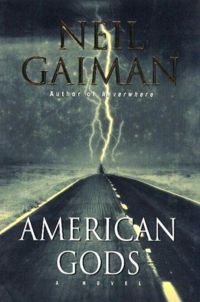My wife got me to drive one of the local maids employed in the compound where we live so that we could go take photos of some of the local houses. We’ve already visited this area previously but we didn’t take any photos then, and since there is a slight possibility that we might not be returning to the Solomon Islands after we go back to Malaysia on Thursday, my wife especially wanted some photos as a memento.
This particular house is where Helen, a maid who has worked for us for many years now is currently renting. She is currently building her own house nearby, basically just appropriating the land without any formal paperwork, buying the building materials and having her family members help out with the construction. It’s haphazard, unregulated and messy, but that’s how things work in the Solomon Islands. It also contributes to the tribal tensions here in Honiara. Honiara is located on Guadalcanal Island, while Helen and everyone else who stays in this area are from Malaita Island. Complaints from Guales about Malaitans taking over their land and their attempts to form a militia to drive out the Malaitans were what prompted the Malaitans to mount a coup-d’état in 2000.
